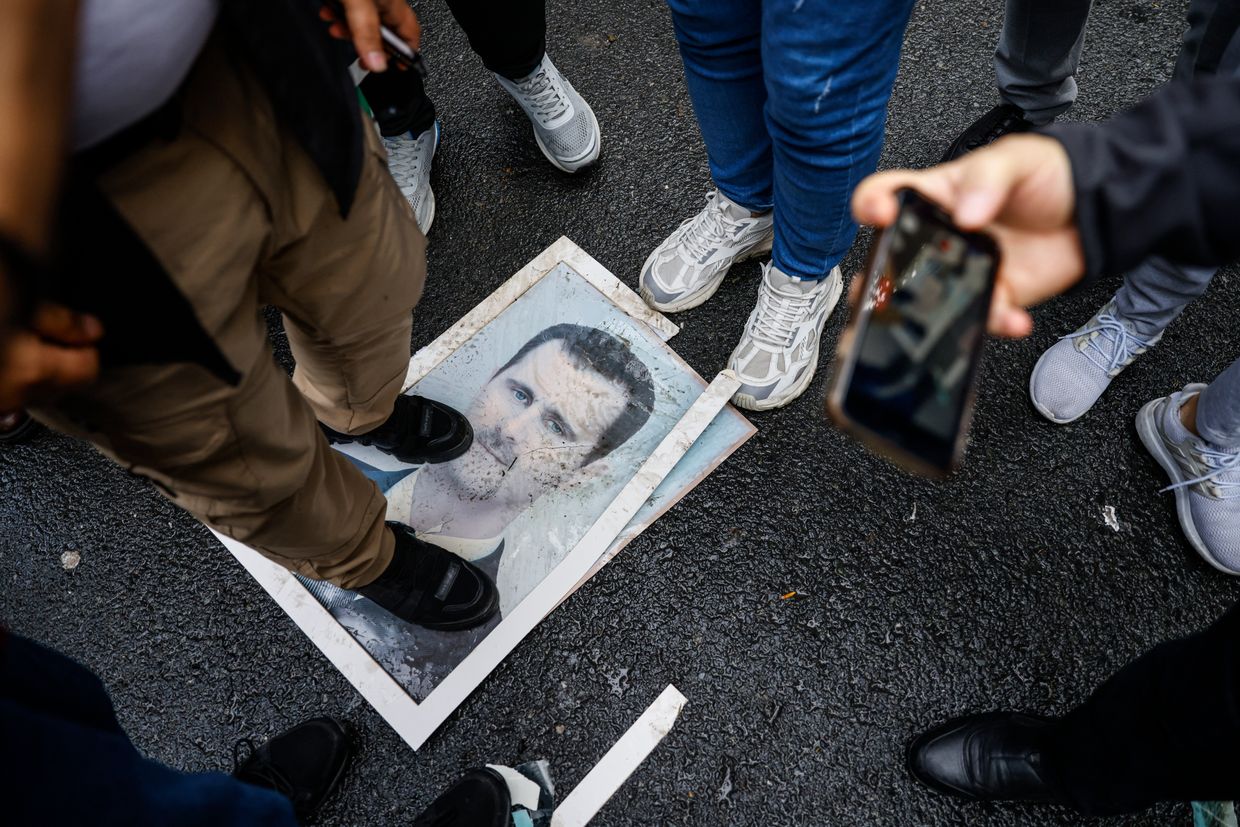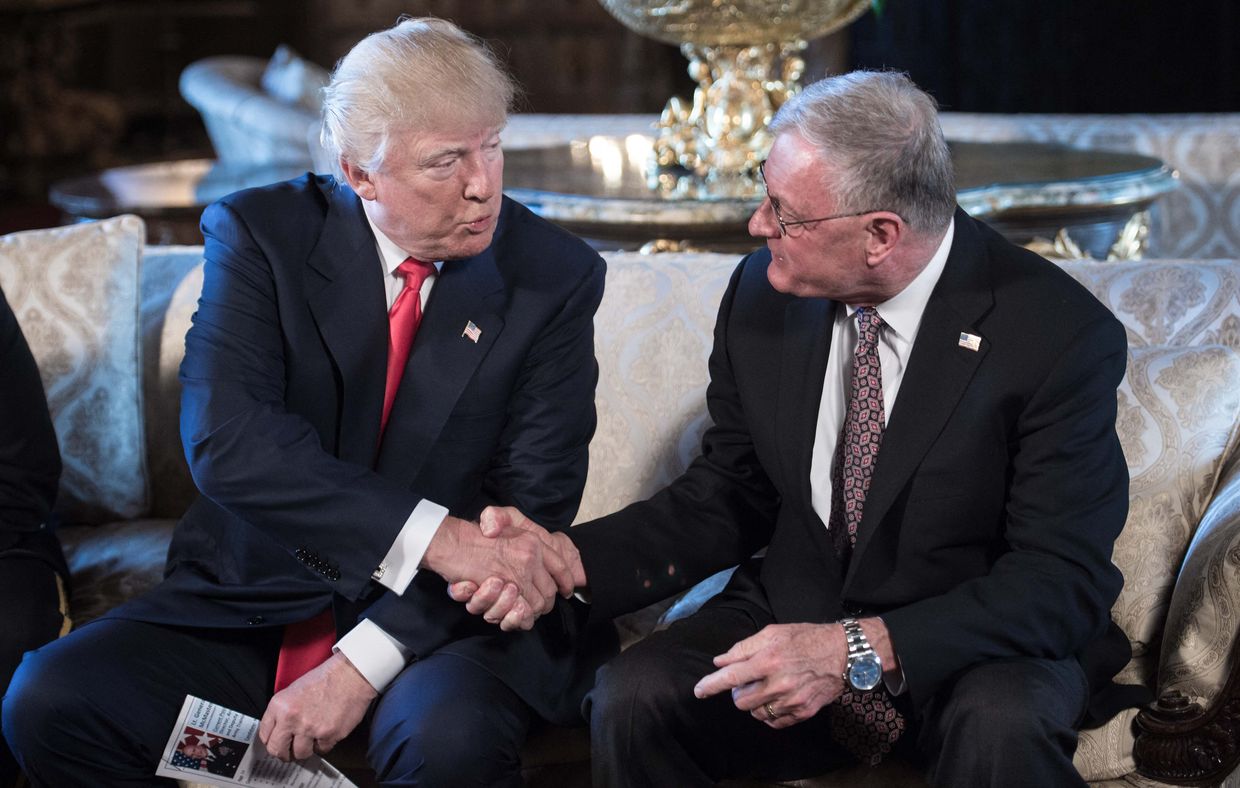Syria to reassess Russian military presence 'based on national interests,' may seek Assad's extradition

Syria's new government will decide the fate of Russian military bases based on national interests, Syrian Defense Minister Murhaf Abu Qasra told The Washington Post on Feb. 6.
Russia's ability to retain its naval base in Tartus and airbase in Khmeimim will depend on what Moscow offers in return, Abu Qasra indicated. "If we benefit Syria from it, yes," he said.
Following the overthrow of former Syrian dictator Bashar al-Assad in December, Russia began withdrawing assets from Syria, raising doubts about the future of its military presence in the country.
The new government has reportedly requested that Russia hand over Assad and his close aides, Reuters reported on Jan. 28, citing a Syrian source familiar with the negotiations.
The demand was raised during initial talks between Syrian officials and a Russian delegation, which took place shortly after Assad fled to Moscow.
While Abu Qasra did not confirm whether transitional President Ahmad al-Sharaa formally asked for Assad's extradition, he noted that any future relations with Russia must serve Syria's interests first.
Relations between Moscow and Syria's new government have "significantly improved," the defense minister said, despite Russia's past support for Assad, including airstrikes against opposition forces during their rapid advance on major cities in late 2024.
Russia deployed troops to Syria in 2015 to bolster Assad's regime, which used Moscow's backing to suppress opposition through mass imprisonment, torture, and executions.
During the Jan. 28 talks, Syria's new leadership pressed Russia to acknowledge "past mistakes" and offer compensation, but the Russian delegation refused to concede, according to a Reuters source.
Ukraine has also engaged with Syria's new government on the issue. Ukrainian Foreign Minister Andrii Sybiha visited Damascus on Dec. 30.
Foreign Ministry spokesperson Heorhii Tykhyi later said Kyiv and Damascus share similar views on Russia's military presence, though details were not disclosed.
Given al-Sharaa's past ties to al Qaeda, Western officials have remained cautious about the transitional president's intentions as he attempts to rebuild a war-torn society.
"While we aim to move fast, the lifting of sanctions can be reversed if wrong steps are taken," EU chief diplomat Kaja Kallas posted on X on Jan. 27, adding that the EU plans to scale up humanitarian aid and reconstruction efforts in Syria."













